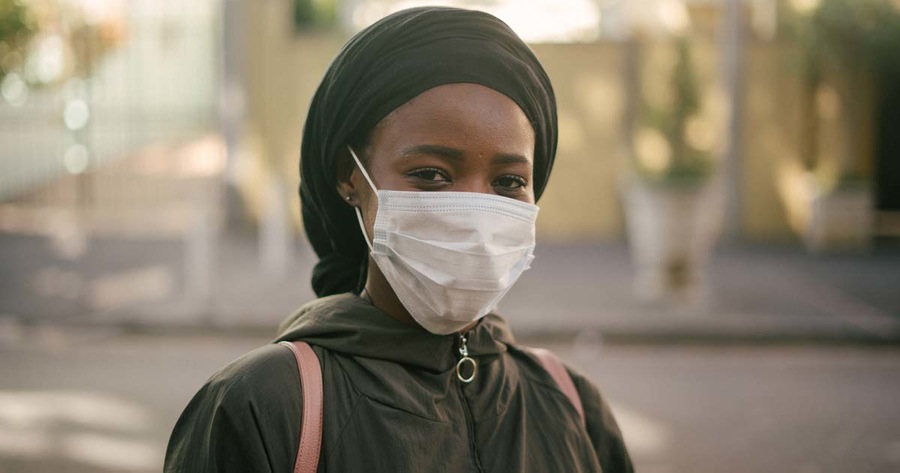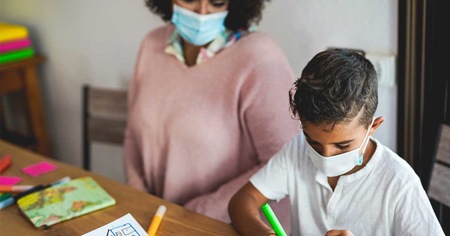These conversations—with program leaders, funders, researchers, and other decision-makers—explore the current situation facing the afterschool field and, most important, look beyond the immediate crisis and into the future.
In the first Let's Talk the Future of Afterschool held on May 6, 2020, Gina Warner, President and CEO, NAA, was joined by Isabelle Mussard, Executive Director, California School-Age Consortium, where the topic of reopening was addressed.
"Now more than ever, people do value the work of afterschool, value the care and resources we provide, and are understanding the key role that afterschool is going to play in rebuilding the economy," said Warner, who prompted Mussard to share about CalSAC's trainer network.
"What brought me back to the work in the afterschool field, specifically to CalSAC, is that CalSAC is clear that the expertise in the out-of-school time field lies with the frontline staff," said Mussard. "We are one of the rare fields within education and any kind of liberation movement where the folks on the ground actually come from, are of, and reflect the communities that are served."
Mussard stressed that it's time to champion those who are risking their lives and the well-being of their families to continue to serve on the frontlines to serve our children. Warner agreed, noting it's key for the afterschool field to come together with a unified voice.
"We don't want this recovery done to us," said Warner. "We don't want people coming in from other fields. That was our reality in Katrina: people coming in and trying to save us. We don't need to be saved—we need resources to help do the work but we need to help people understand that we have the knowledge, we have the skill. We are the essential workforce FOR the essential workforce."
What's happening ultimately at the moment is not new, Mussard said. It's simply revealing and pulling back the layers of what always was.
"The fact that COVID-19 is impacting us universally, is making it less possible for some of us to remain blinded to the fact that many of us are vulnerable every day," said Mussard. "We know that what was, was never okay. It was never okay for our workers, it was never okay for our families, and it was never okay for our communities."
Being nimble is key—we don't know what's coming and guidelines are going to look different in different states and communities. Mussard says the CalSAC staff has worked really hard to pivot to virtual training and are looking to see what needs to be done for the next two years—an educated guess on how long the field may see effects from the pandemic.
"We're trying to create everything that we do in terms of professional development, leadership development, and training in both a virtual format and an onsite training format," said Mussard, who said they're seeking support from funders to accomplish this. "We're also developing training of trainers to strengthen people's capacity to render trainings meaningfully in a virtual way."
Mussard notes that we have to work in partnership with one another and trust each other to accomplish the things we don't have expertise in. The conversation also touched on the fact that strategies for re-entry into the school sphere—for students, families and teachers—needs to happen through a trauma-informed lens.
While it's so important for those the afterschool field serves to be offered rest, respect, self-love and self-care, it's also necessary for those working in the field to experience the same.
"I have to stop and ask myself: How am I owning that for myself? Am I modeling that? Am I able to give myself permission?" said Mussard. "I bet you 90% of us on this call—and I say this with love and respect—but I know us. I know this community. This nonprofit community—we will kill ourselves to demonstrate our care ethic. We will go above and beyond. I think this is a moment of really radically ask ourselves: What do we give ourselves permission to be in this moment? How much self-care do we give ourselves permission to have—not from a place of selfishness, but from a place of becoming the leaders that we want our communities to become?"
Click here to view the recorded conversation in its entirety.
Courtesy of NAA.




